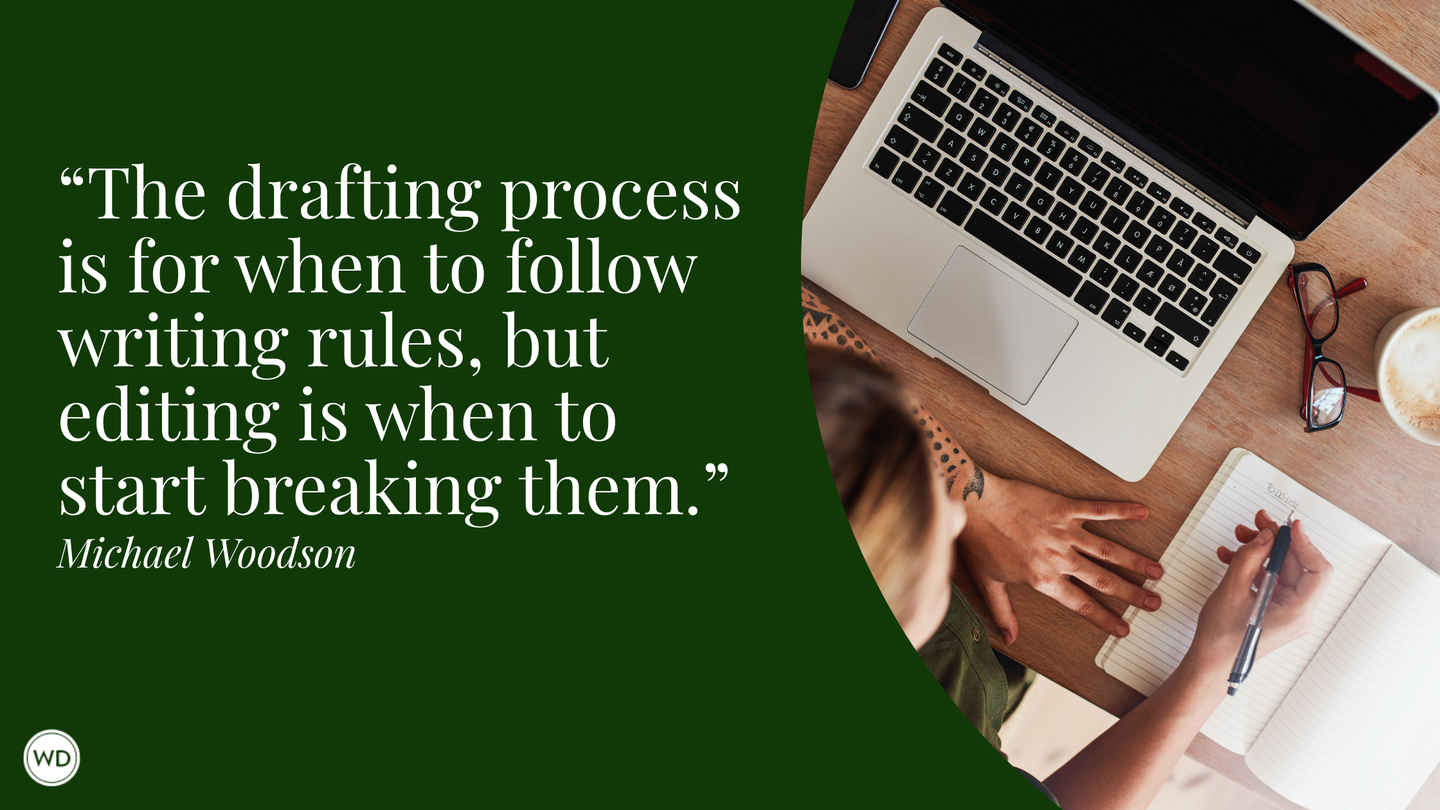Meg Shaffer: On Retelling Classic Children’s Stories for Adults
Author Meg Shaffer discusses how she held onto the idea for her new novel, The Wishing Game, even when editors told her it wouldn’t work.
Meg Shaffer is a part-time creative writing instructor and a full-time MFA candidate in TV and Screenwriting at Stephens College, Columbia, Missouri. Find her online or at home, watching Hitchcock films and/or writing Star Trek fan fiction when she should be doing her homework. Find her on Facebook and Instagram.
In this post, Meg discusses how she held on to the idea for her new novel The Wishing Game even when editors told her it wouldn’t work, her hope for readers, and more!
Name: Meg Shaffer
Literary agent: Amy Tannenbaum, the Jane Rotrosen Agency
Book title: The Wishing Game
Publisher: Ballantine Books/Penguin Random House
Release date: May 30, 2023
Genre/category: General Fiction
Elevator pitch for the book: Jack Masterson, a legendary children's author who retired years ago under mysterious circumstances, reemerges with a brand-new book and a contest to win the only copy in existence. Lucy Hart, a financially struggling teacher's aide, competes to win the one-of-a-kind prize in the hopes of finally adopting the orphaned little boy she tutors.
What prompted you to write this book?
I have loved the film Willy Wonka & the Chocolate Factory (the Gene Wilder version obviously) ever since my third-grade teacher, Mrs. Glenn, showed it to us in class one rainy afternoon. For years I'd been toying with an idea of how to make a Willy Wonka-for-grown-ups type book. When I turned Willy Wonka into a children's author and Charlie into a young teacher desperately trying to adopt a child, I knew I finally had my story.
How long did it take to go from idea to publication? And did the idea change during the process?
I had the idea for The Wishing Game at least four years before I started writing it. An editor I pitched it to wasn't convinced it would work, but I knew it was a good idea. I held onto it and let the idea percolate in the back of my mind.
During those years, I read John Truby's The Anatomy of Story, which convinced me I was missing some vital components to the story. In the original idea, my leading lady Lucy is estranged from her neglectful parents, and she never reconciles with them. There was no character arc for her, no big moment of grace and forgiveness.
When I added Lucy's sister into the mix, I had somewhere for Lucy to go and a relationship worth repairing. Sometimes your antagonist isn't your villain. Sometimes they're just the person trying to teach you something you aren't ready to learn yet.
Were there any surprises or learning moments in the publishing process for this title?
At writer’s conferences, the term "high-concept" gets bandied about a lot, and I used to roll my eyes at it. After all, almost any idea can work if the execution is flawless. But publishers are usually looking for high-concept fiction, like "Willy Wonka for grown-ups except make it books." Screenwriter Erik Bork talks about this reality in his book The Idea: The Seven Elements of a Viable Story for Screen, Stage or Fiction, and it’s definitely worth the read.
If you're hoping to break into mainstream/traditional publishing, a really compelling premise is where you should start. I teach creative writing and one of the biggest issues I see in my students’ work is that their story ideas are too small, too niche. A book might be well-written, but most unpublished novels simply don't have enough of a hook to get an editor's attention.
So consider your goals. If you want that Big 5 publishing deal, maybe take a long, hard look at your concept. I had to learn this one the hard way.
Were there any surprises in the writing process for this book?
The biggest surprise was a personal one. My husband and I don't have any kids, by choice, but wow--was I rooting for Lucy to be able to adopt Christopher. When I started writing the story, Lucy adopting Christopher was just a plot goal, but very quickly I found myself deeply invested in her journey to motherhood.
Plus, while doing research on America's foster care system, I came to love all the kids in foster care, and I wanted Christopher to get the happy ending all those kids deserve.
What do you hope readers will get out of your book?
Just some happiness. Maybe a lot of happiness. A little optimism. A slice of old-fashioned nostalgia for the books you read as a kid and still love as an adult. A good cry. A few laughs. A great time. All that and more.
If you could share one piece of advice with other writers, what would it be?
I know I said that the idea for your book is incredibly important if you want to be traditionally published, but an idea is only the beginning. It's easy to have an idea for a cathedral. I can picture a cathedral right now. But to build a cathedral? You gotta learn to lay bricks.
All writers have to be both visionaries and bricklayers. You can't get your gorgeous ideas into the world without a lot of hard work and determination. Darn it!
Robert Lee Brewer is Senior Editor of Writer's Digest, which includes managing the content on WritersDigest.com and programming virtual conferences. He's the author of 40 Plot Twist Prompts for Writers: Writing Ideas for Bending Stories in New Directions, The Complete Guide of Poetic Forms: 100+ Poetic Form Definitions and Examples for Poets, Poem-a-Day: 365 Poetry Writing Prompts for a Year of Poeming, and more. Also, he's the editor of Writer's Market, Poet's Market, and Guide to Literary Agents. Follow him on Twitter @robertleebrewer.








